This piece, part of the Copper Belt Project, is the second in a series — listed here — exploring the forgotten people and places of an iconic American landscape scarred by a history of economic and environmental violence.
My collaborator Mark Hahn and I spotted the Hotel Reardon on our first trip to Clifton, Arizona back in November 2010. Located near the Morenci Mine, the biggest source of copper ore in the United States, Clifton is a fascinating place, still seething with the legacy of labor unrest. Like most places in the Copper Belt, it has seen much better days. That’s why the Hotel Reardon isn’t checking anyone in anymore.
Tucked behind overgrown trees, boarded up windows, and a door bearing a giant No Tresspassing sign, the place looked impenetrable. The hotel seemed to be a living thing looming on the street. It beckoned to us like a dream, as if it were actually calling to us and inviting us inside. “I want to stay there!” we both said at the same time. But we didn’t stay there. We didn’t even stop the car and attempt to get into the place. The Hotel Reardon was calling us, yes, but it also seemed completely off limits.

The Hotel Reardon in its early twentieth-century heyday
On our return trip to Clifton this past March, we stopped for chocolate at a little liquor store on the main street. After a day of climbing about in the “wreckage” — my name for this devastated landscape — we needed something sweet. The only problem was that when we walked into the store, there was no chocolate. In fact, the shelves were empty. “Where’s the chocolate?” I asked the woman behind the counter. She said, “We’re out of chocolate.” Then I spotted an ice cream cooler in the corner. Ice cream sounded good. “That’s okay, we’ll have ice cream,” I said. “We’re out of ice cream.” Everything sweet had vanished from the shelves of this liquor store, with a hard beaten woman standing behind the counter and a group of small children circling me on Big Wheels and plastic wheeled ponies.
The children stared up at me with curious eyes as I walked around the store looking for something I could buy. A single bag of peanuts hung from a hook. The cooler was stocked to the brim with beer, and the shelves behind the counter were lined with bottles of vodka and whiskey, cartons of Marlboros and Camels. Next to the cash register, there was a shelf full of feminine hygiene products – maxi pads and tampons. Other than that, the store was empty. Booze, Kotex and cigarettes — that was the extent of the store’s inventory. The peanuts were freshness dated from 2008. I don’t drink, don’t smoke, and don’t worry about getting a period anymore. There wasn’t much for me to buy in this liquor store with the hard beaten woman and the circling kids.
I walked around to see if I could find anything I wanted. I found a jar half filled with pickle juice sitting on a shelf. The kind of jar that holds the giant pickles I liked to get at the deli when I was a kid. The pickle water sat halfway to the top like some kind of stagnant memory of a life when pickles existed, when they were something happy. This liquor store was post-pickle. The empty pickle jar was like the ultimate totem of a failed economy, of the hard luck stories that sit bottled on shelves in so many houses and so many little liquor stores like this one.
I stood at the counter and asked the woman about the store. She told me her hard luck story. I listened and nodded my head. It was hard luck alright, and it didn’t seem like it was going to get any luckier. I turned around and caught a glimpse of the pickle jar on the shelf, felt the weight of my camera around my neck, but I knew that it was not the time to take a photograph. Some things just aren’t supposed to be photographed. They’re supposed to be left where they are. The pickle jar was one of those things. One of the little girls looked up at me as if I could find the answer to her question in my back pocket. I didn’t have the answer. I kept the lens cap on my camera, wished the woman good luck, and headed out the door.
Ever since I left the liquor store that day, the image of that pickle jar sitting on the empty shelf has been locked in my mind. I’ve been haunted by the pickle jar. It means so much. I have regretted not photographing it, but I also know that it wasn’t for me to photograph. That pickle jar is supposed to stay on that shelf in that liquor store, not posted here with this story. You’ll need to go to Clifton, Arizona if you want to see it. I’m sure it’s still there. In fact, it probably would like you to stop by and acknowledge it, pay homage to the empty shelves it calls home, maybe offer your own answer to the kids with their busted up tricycles and runny noses.
When I stepped outside, Mark was nowhere to be found. The sidewalk was empty. I looked up and down the street and didn’t see him anywhere. I called out his name. No answer. I could feel the pickle jar in the liquor store, the green liquid caught in the dirty light coming through a crack in the door. I couldn’t help myself. For a moment, I thought Mark had vanished with the pickles. I was momentarily overwhelmed with a sad and desperate panic, like I was going to be stuck in the town with the empty pickle jar, that this was a dream I would never wake up from.
Just as I was ready to head back into the liquor store and stake my place next to the pickle jar, Mark stepped around the corner with a huge smile and said, “I found a way inside!” “Inside what?” I asked. “The pickle jar?” “The hotel,” he said and pointed across the street. There it was. The Reardon Hotel. I hadn’t even noticed that we had parked right next to it.
 Like a fortress
Like a fortressMark led me across the street to the back of the hotel where he found an open doorway perched over a vacant lot. Two cinderblocks had been precariously stacked on top of each other as a makeshift stairway. Mark lifted himself into the building, and I followed right behind him. I placed my foot on the top cinderblock, and it wobbled and threatened to tumble out from under me. I grabbed onto the threshold and heaved myself up inside the door. As I landed in the hallway, I felt the world hush. Light streamed in through cracked doors. The hotel was dead still, but at the same time it pulsed with a quiet life seeping out of its very heart. The doors beckoned me as if they were entries into the hidden chambers of the beating body of this beautiful ghost.
 Something from a dream
Something from a dreamMy first instinct was to check my grounding in relation to the pickle jar. How did I go from standing inside that empty liquor store talking to the woman about the lack of chocolate and her hard luck story to standing inside this dream place, this building laden with so many stories, so many ghosts, so many pieces of people seeping out of every floorboard, every door, every crack in the plaster? I stepped into the first room on my left and looked out the window. The back of the liquor store looked back at me. Yes, I was still in Clifton. The pickle jar was right across the street.
Light reflected off the wall like a portal was opening up right before me, like the room was singing a silent song crafted from sunlight and dirty window glass. This is the place where the weight of loss and hardship congeal into rays of light. The view outside the window grounded me in the here and now. This was March, 2011. I was standing inside an old hotel in Clifton, Arizona. The liquor store was right across the street. But the here and now was suddenly very murky.
 Across the street, across the decades
Across the street, across the decadesI began walking through room after room in this old hotel. The walls glowed pink, blue, and green. The walls opened like doorways to heaven. The walls crumbled with a million memories of hell. Each room was an empty chamber stuffed from floor to ceiling with a thousand lives, a thousand tears, a thousand fights, a thousand drunken nights, a thousand fucks, a thousand deaths, a thousand drained bottles of whisky, a thousand cigars, a thousand packs of Pall Malls smoked down to the stub.
As I opened door after door of each empty room, I moved through door after door inside myself. I moved quietly through the halls, and the building seemed to become more alive with every step. The soft rubber soles of my Converse squeaked on the floorboards as I studied every single crumbling piece of plaster, as I stood transfixed by the play between light and shadow.
 Filled with the beauty of nothing
Filled with the beauty of nothingEach room was glowing with empty beauty and seeping with something terribly sad. Empty dressers were stuffed with the memories of guns and bibles, silk stockings and love letters never sent. There was not a single bed in the building, but the memories of beds were so heavy that each room felt like a collapsing mattress.
Plaster peeled from walls in giant wounds, and the hotel’s ribs and guts were lain bare in the beautiful carnage of time. I moved in close to the gaping holes, and I saw myself looking out from the cracks between wooden slats. There was the eight year old girl who rode her bike home holding a giant pickle in one hand and the handle bars of her bike in the other. There was the fifteen year old girl who lived in rooms just like these, with a sink in one corner and a mattress on the floor.
She was inside the walls. She was leaking from the ripped out plumbing. Pieces of her lay crumbled on the floor in piles of plaster and dirt. I could see her in the cracks in the walls and in the places where water damage turned something wrecked into something beautiful.
 “The Yellow Wallpaper” as fantasy instead of nightmare
“The Yellow Wallpaper” as fantasy instead of nightmareHer footsteps followed me through the rooms. Or was it someone else? I was mixing my memories. I was confusing my geography. Down the hall I heard something scraping. Heavy footsteps or a strong wind. A body, a ghost, a piece of myself that I lost a long time ago but finally found in this old hotel.
A dry sink sat in the corner of one room, the dirt of a million things that will never be washed away collected like so much ash. This was a kind of burial, a kind of tomb. I lifted my camera and shot the doors. I lifted my camera and shot the floorboards. I lifted my camera and shot the old plumbing. I lifted my camera and felt the walls come down all around me.
 Desiccation as liberation
Desiccation as liberationThe woman across the street was minding the cash register. The children across the street were circling the pickle jar. I was inside the old hotel. As I snapped the last few photos in the last pieces of afternoon light, I thought that I’d been in that hotel all along. I thought that I’d never left it and would never leave.
 So many reasons to stay behind
So many reasons to stay behindBut it was time to leave. The light was falling fast behind the mountains. I headed to the stairway and looked down. In that single moment, I saw myself looking back up at me. I was fifteen years old. I was telling myself to remember the stairways. And I did remember the stairways. I remembered every step I took on every stair, and all those steps were gathered right there in that single moment on a March afternoon. I descended the stairs slowly, feeling the weight of my body on old carpet and wood, feeling my feet sink deep into a century of memories. It was all mixed up. It was all so heavy. It was all so beautiful.
 Back to the present
Back to the presentLight streamed through a lace curtain like a moment of grace. I stood in the entranceway and let it kiss my face before it faded away.
We climbed out the front window of the building and ignored the “No Trespassing” sign. Sometimes you need to trespass to open the doors that needed to be open, to find something beautiful where you thought you’d only find ruins.
We crossed the street to the car. The door to the liquor store stood open. The cries of a small child seeped out into the street. I imagined that the pickle jar had dropped to the floor and shattered into a mess of broken glass and pickle juice. I decided I didn’t need anything from the store anymore.
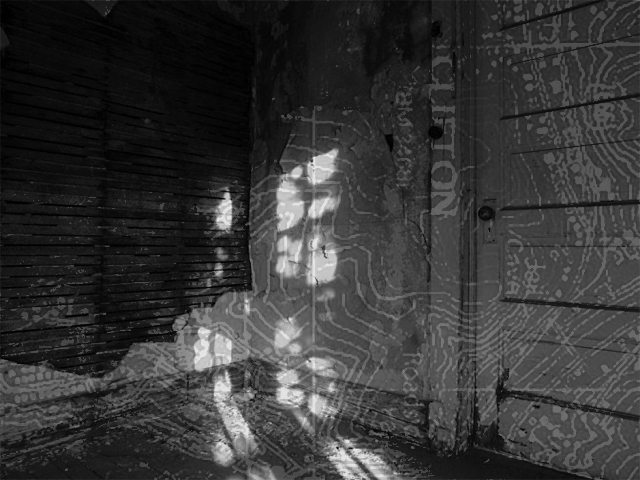

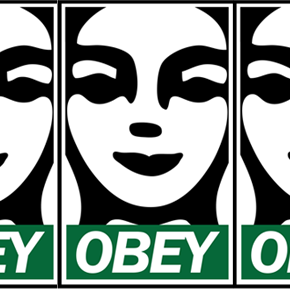
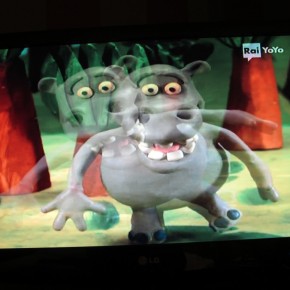
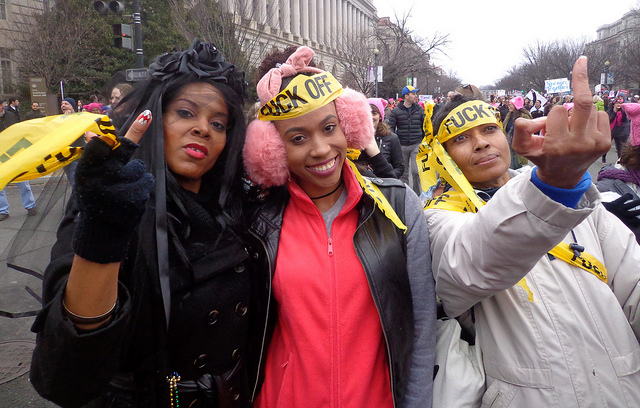
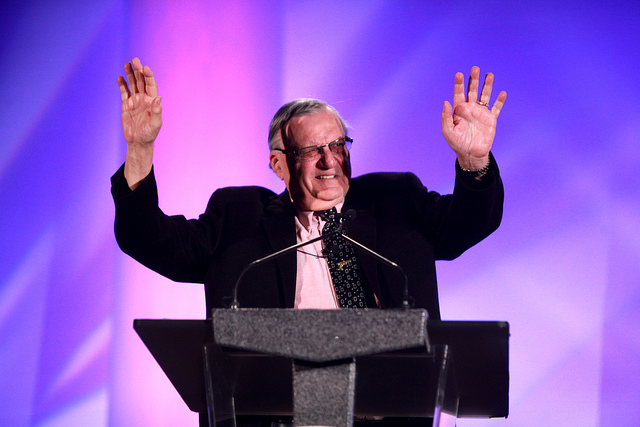

We have just purchased the Hotel Reardon and intend to reopen it. Current projects include gathering of historical information and photos, not ony for display but also to prepare for application to the National Registry of Historic Places. If you have any suggested resources, I would very much like your input.
That is going to be one renovation, Pauline. If anyone is up for it, it is certainly you. Good luck on the project. It makes the Hill House look like a piece of cake!!!
Jeff
I used to sit on the front steps of that hotel with a friend of mine when we were in high school. One day somebody walked by and said, “It looks like you’re waiting for customers or something.” I lived in Clifton for 2 years. Those were my favorite years 2 of teen-dom!